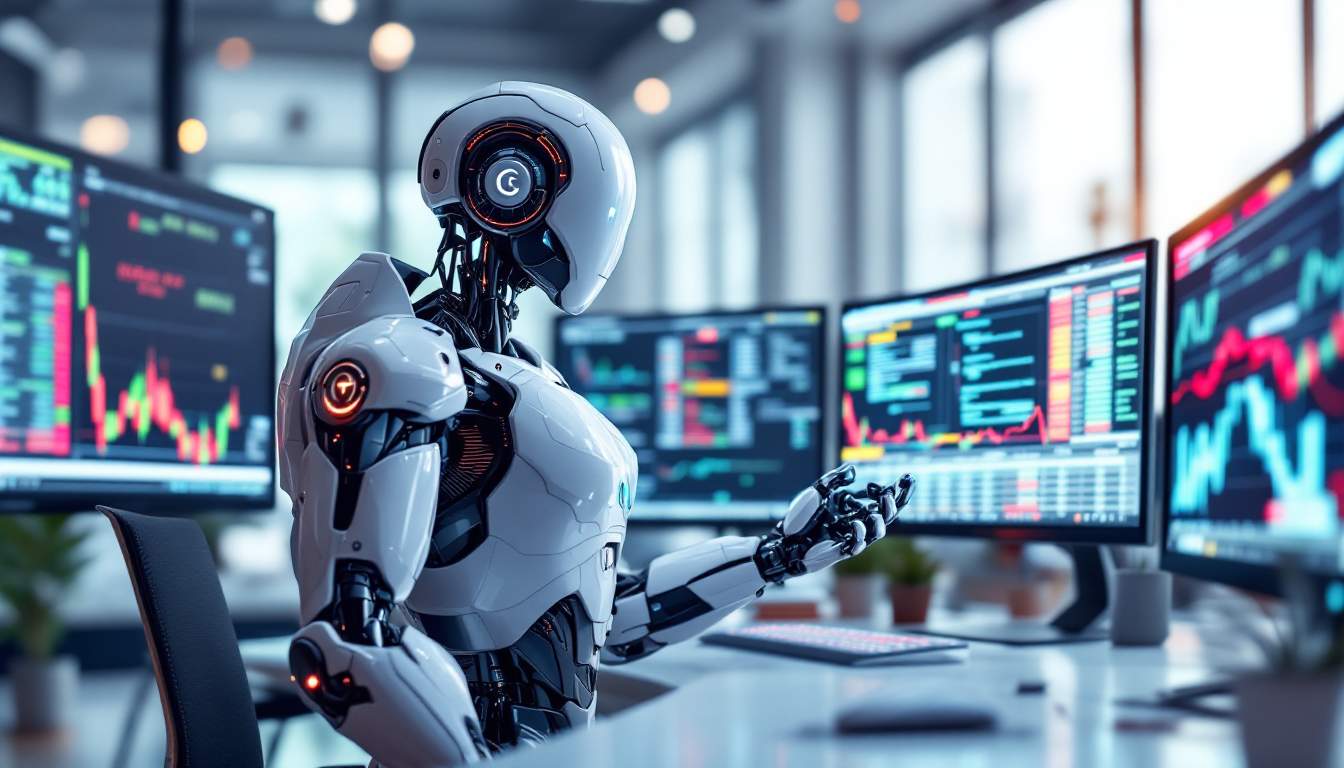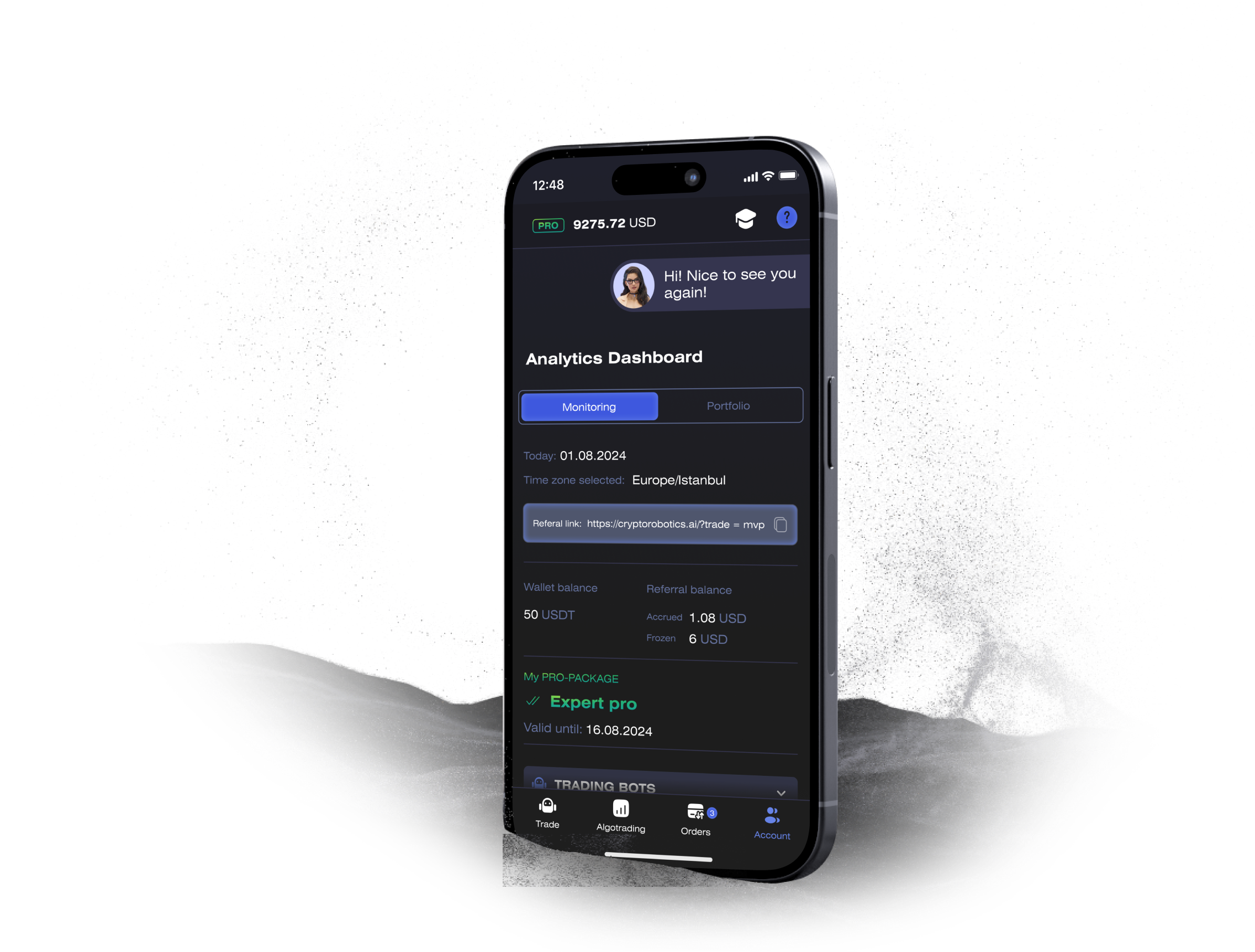Published: December 02, 2024 at 7:35 am
Updated on December 10, 2024 at 7:38 pm


DMM Bitcoin’s hack in May, which cost $320 million and hit 450,000 users, is a reminder that crypto exchanges are not as secure as we think. The vulnerability of centralized exchanges is becoming more apparent as the market grows and evolves. While crypto has its perks, like decentralization and versatility, it also has a dark side—hacks that threaten our investments. This post digs into DMM Bitcoin’s hack, the role of insurance, and how AI and automation might save the day—or not.
The crypto trading platform world is booming, attracting both investors and hackers alike. While decentralized platforms offer benefits, they also come with risks. Being aware of those risks is the first step in keeping your investments safe.
DMM Bitcoin, a centralized crypto exchange in Japan, effectively called it quits after losing $320 million in a massive fraud scheme. The theft impacted 450,000 users and, unsurprisingly, the company could not recover the funds. They have decided to liquidate assets and hand over client assets to SBI VC Trade.
This hack became one of the largest crypto thefts in recent memory. Users were left with significant losses and a harsh reminder of the risks tied to centralized exchanges. Just one point of failure could wipe out substantial amounts of money.
When weighing the risks and benefits of centralized (CEX) and decentralized exchanges (DEX), a few things stand out. CEXs are like a buffet for hackers, sitting on a mountain of pooled funds. Despite their security measures, a single successful hack can lead to massive losses. They also hold your private keys, making them a target. However, they usually offer some form of customer service and insurance to help recover lost assets.
On the other hand, DEXs don’t have that glaring vulnerability but aren’t free from danger either. Smart contracts can have vulnerabilities, and users can mess up by sending funds to the wrong address. But at least you have control over your funds and keys.
Insurance can offer some promise, protecting against hacking, theft, and other mishaps. It could also help exchanges comply with regulations and inspire market growth. However, it comes with limitations, such as insufficient coverage, high premiums, and vulnerabilities to cyber attacks.
AI and automation can help detect threats earlier, predict potential attacks, and monitor unusual activities. Automated systems can flag suspicious transactions and phishing attempts, but they are not infallible, and human oversight is still necessary. If AI isn’t secured, it becomes another target.
By taking these lessons to heart, we may come out of this with a safer digital currency trading platform landscape.
Access the full functionality of CryptoRobotics by downloading the trading app. This app allows you to manage and adjust your best directly from your smartphone or tablet.

Blog
See more